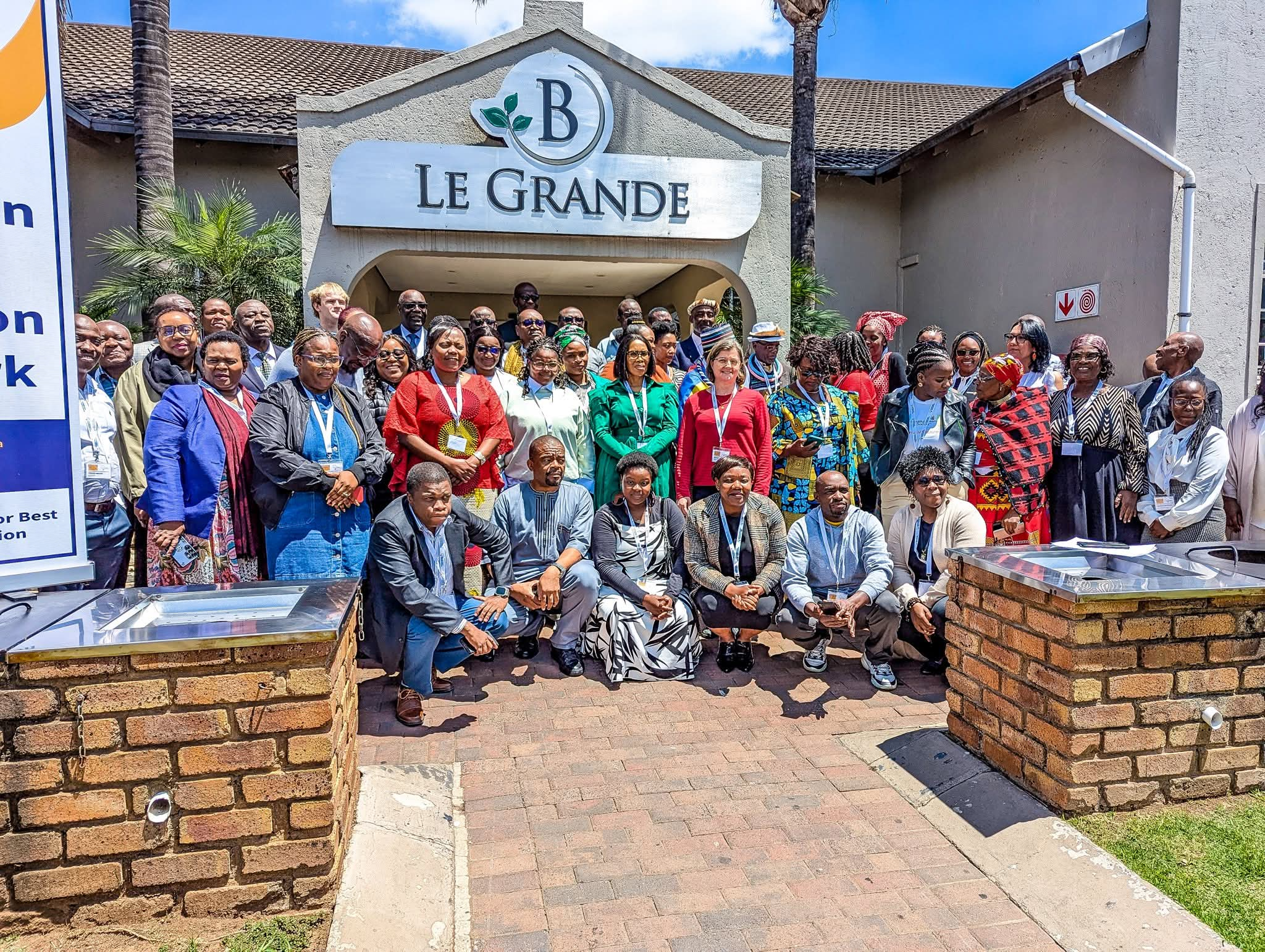Samin Conference Opens With Strong Call For Regional Cooperation On Migration

The Southern African Migration Network (SAMIN) has convened delegates from over 10 African countries in Johannesburg, South Africa, to strengthen dialogue on migration governance, regional cooperation, and the protection of migrant rights. Held under the theme “Revisiting the Journey: Reflections,Realities, and Renewed Commitments for Migration Governance in Southern Africa,” the conference marks the network’s sixth annual gathering.
Guest of Honour, Zambia’s Commissioner for Refugees, Mr. Tovine Donkola Kaneneka, applauded the diversity represented at the conference, calling it a reflection of the region’s commitment to collective action. He underscored Zambia’s leadership in hosting and supporting refugees, citing services such as free healthcare, education, and housing, extended even to migrants under the New Dawn Government. He highlighted that the National Health Insurance Scheme and free education policy are helping reduce statelessness and foster inclusion.
SAMIN Chairperson, Rev. Melton Luhanga, emphasized the importance of sustained collaboration and policy influence across borders. He reaffirmed the network’s goal to remain impactful and relevant in addressing migration challenges.
Also speaking was International Organization for Migration (IOM) representative Maira Moreriane, who called for concrete, practical frameworks to uphold the rights of migrants throughout the region.
Day one of the conference featured the launch of the SAMIN Research Study and a focused session on the Thematic Area of Harmonization, aimed at aligning national migration practices. Country reports from Zambia, Malawi, Zimbabwe, and Botswana were presented, along with a panel discussion on regional experiences and challenges.
The conference continues with high expectations as delegates look to build on the momentum of day one. With key voices calling for stronger cooperation, policy alignment, and protection of migrant rights, SAMIN is poised to play a central role in shaping the future of migration governance in Southern Africa.
The days ahead promise deeper dialogue, strategic planning, and renewed commitments toward a more inclusive and coordinated regional response to migration.
